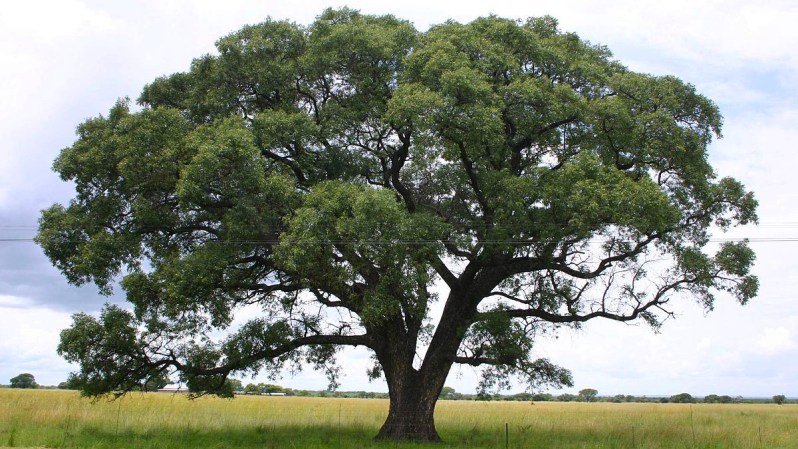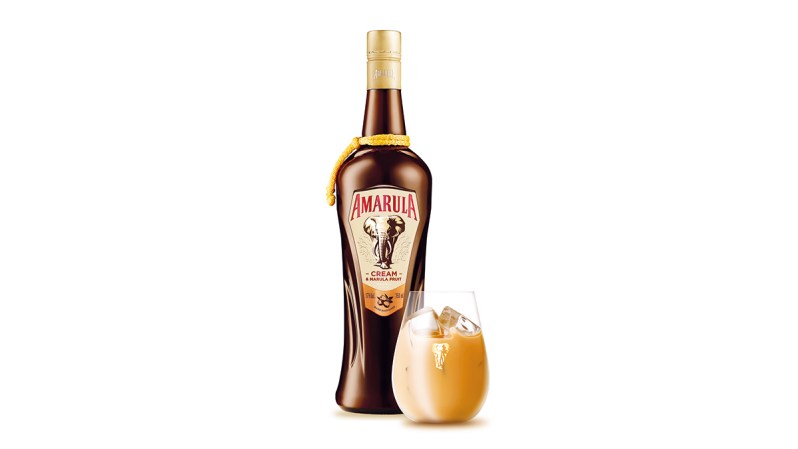Any time you can both get a buzz on and help a creature, you know you’re going to have a good time. With Amarula Cream, a South African cream liqueur though, you’re not going to be helping dogs or cats. No. Think bigger. With Amarula, you get to help elephants.
First, a little bit of backstory.
Created in the 1980s first as a spirit and then introduced as a cream liqueur in 1989, Amarula is flavored primarily by the fruit of the Marula tree. In Africa, the Marula tree is also known as the Marriage tree or the Elephant tree because of the animal’s love of the fruit, which is only produced once per year. When the fruits are ripe, elephants are known to travel for miles to get a taste of the sweet flesh.

Because of the animal’s love of the fruit, the company uses the elephant as their logo and takes this use a step—they also help elephant conservation efforts in the process.
Conservation efforts are important, as there are less than 400,000 elephants left in the world. To make things worse for elephants, one is lost every fifteen minutes to poaching. In 2002, the company launched the Amarula Trust, which was, obviously, created to help with conservation efforts. More recently, though, the Amarula Trust formed a partnership with WildlifeDirect to increase conservation efforts through education.The partnership’s newest effort is a campaign entitled “Don’t Let Them Disappear.” Through the end of 2017, for every bottle of Amarula sold, $1 will be donated to WildlifeDirect to support their efforts to help save the African elephant.

As for Amarula Cream itself, the base spirit is made from the fruit of the Marula tree and then aged for two years in French oak barrels before being blended to create the final product. The flavor is sweet and reminiscent of caramel with some dark chocolate notes. As you’d expect from a cream liqueur, the texture is velvety smooth. The company suggests serving it over ice, but it goes great in coffee, too.
Next time you have a date over, think about the points you’ll get when you offer up a nice after dinner sipper that not only tastes good, but also helps elephants at the same time.
That, friends, is game, set, and match.
Amarula Cream is 17% ABV and retails for around $18.




